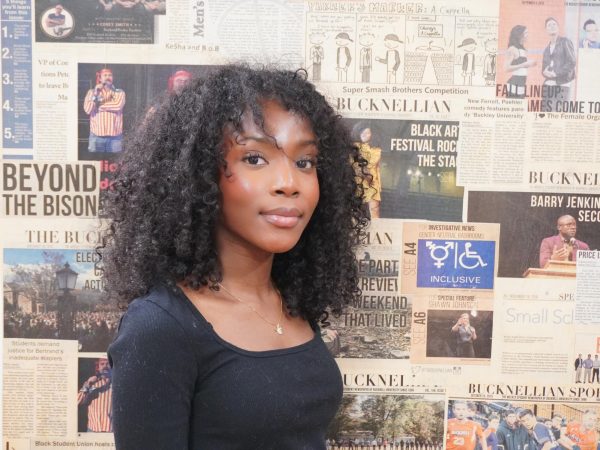Who knew an altered version of Madonna’s “Like a Prayer” could have such a huge impact on the media?
What started as a soundtrack theme has turned into a social movement, capturing the darkest moments of characters and highlighting the exact moment they rise above it. The song, now reimagined by a powerful choir and accompanied by a somber, reflective instrumental, became more than background music; it’s now a symbol of resilience, a call to confront inner struggles and emerge stronger. This new version resonated with audiences of “Deadpool and Wolverine,” with Marvel fans noting that it reignited the thrill of watching a Marvel creation, reminiscent of the early days of the MCU.
The particular scene where this reimagined version of “Like A Prayer” was used became an instant cinematic landmark. In it, Deadpool and Wolverine, after realizing that they must die to save their timeline, share a moment of unspoken understanding. They reach for each other’s hands as they prepare to take on matter and antimatter to stop Cassandra Nova’s destructive plans. As the goosebump-raising melody swells, flashes of their inner struggles play, allowing the audience to fully grasp that this scene represents their moment of redemption. Each image embodies the burdens they’ve carried, the choices they’ve made and the battles they’ve fought. It’s a powerful realization that their sacrifice is not just for the greater good, but a chance to find peace within themselves.
TikTok took this moment and sound and created something even more special. Users across the platform began to share their own interpretations of the scene, using the reimagined version of “Like a Prayer” as the backdrop for other character stories of redemption. One user overlays the song with the glorious redemption arc of Loki from his own series. The character, known for his cunning, selfishness and deceit forsakes all of that to save the timelines in danger of collapsing in on themselves. After trying various methods to stop the impending chaos, he comes to a profound epiphany: the only way to avert disaster is to hold the timelines with his own hands. With a determined gaze, he declares, “I know what I want. I know what kind of god I have to be. For you. For all of us.” This moment highlights Loki’s transformation, illustrating his journey from mischief to heroism. As the chorus plays, viewers witness his selflessness and commitment to protect those he once considered pawns in his game.
But the song isn’t just limited to the MCU.
My personal favorite interpretation uses the character of Prince Zuko from “Avatar: The Last Airbender” to create a similar powerful narrative. It starts with the scene of the final Agni Kai duel he has with his sister, Princess Azula. Like the “Deadpool and Wolverine” moment, we see flashes of pivotal moments and hear quotes from other characters that showcase his character’s arc. We witness Zuko’s past, from being blinded, literally, by his father’s harsh expectations to declaring that capturing the Avatar is his destiny. We hear him reflect, “I always had to struggle and fight and that’s made me strong. It made me who I am.” Interspersed with moments of his childhood, where he grasped with the desire for his father’s love and approval, contrasted with his Uncle Iroh’s wise words: “If you keep an open mind and an open heart, I promise you will find your own destiny someday.”
All of the moments lead to Zuko’s awakening to his own identity, breaking free from the need to capture the Avatar for his father’s approval. He transforms into a character who can restore balance in the world. The climax shows his moment of sacrifice as he jumps in front of a lighting bolt meant for a friend, taking the hit himself. This selfless act solidifies his redemption showing a journey from conflict to harmony, all beautifully underscored by the choral melodies of “Like a Prayer.”
What this reimagined song has done is draw fans from all forms of media together, united by a character’s redemption. A redemption arc will always evoke a sense of satisfaction, but tied with a song like this, it becomes something even more hopeful. The emotional weight of the music enhances the impact of these narratives, allowing audiences to connect with struggles and triumphs of characters they love. In this way, the song transcends its original context, becoming a universal anthem for resilience and the power of change.



















